

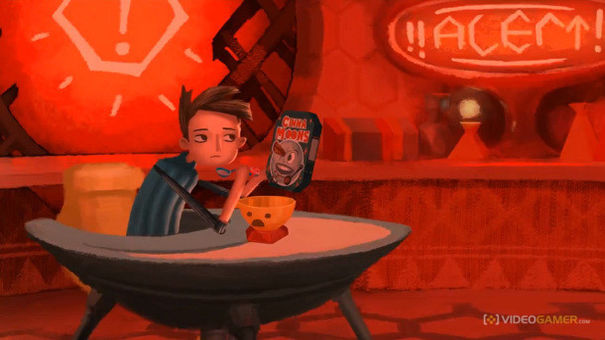

Tim Schafer, eh? The great symbol of independent video game development, the formerly trapped auteur who broke free of the system with your cash, then promptly did a Coppola and couldn't get anything done on time or on budget. Right now there's probably about sixty-five executives laughing, feet up in their super-villain shaming boardrooms, lighting cigars with 100 dollar bills and making the wanker sign to all of us (that's what they do, right?).
And they're right. What's happened to Double Fine - or, more accurately, what it has done to itself - is so drearily predictable that you could have written this copy as soon as the public forked over $3 million on a promise. It's cool for creatives to moan about The Man, as they should. But without boundaries in place, this is what happens, with alarming regularity.
Look at the aforementioned Francis Ford Coppola. Running wild on the success of The Godfather and its sequel, plus The Conversation, he went to the Philippines to shoot Apocalypse Now, which he financed, in part, by himself. He was going to own that sucker. Instead, it ended up owning him, as budget overruns, heart attacks, and natural disasters inflated the budget. It all turned out fine, of course, but only after years in the jungle and a studio having to step in and put up some cash.
But that was a film, I hear you cry. Of course it ran over: Coppola seemed to be insane, after all. Good point. So here's a slightly different example, from Hideo Kojima himself. Remember MGS2? Remember when it was going to be the greatest game of all time? Remember when it turned out to be a crazy, bloated, mess of a game that is one of the most disappointing sequels of all time? Why? Because Konami let 'Krazy Koj' - who admittedly did create the brilliant original - run riot. It turned out to be bobbins. Kojima was the hottest designer in the world, and no idea was too stupid, or too confusing, to be denied. Even though it wasn't technically his second game, Kojima was set free to do everything that he wanted (see also the Wachowski siblings) and fell into the textbook definition of second-system effect.
No restrictions means no-one telling you that what you're doing is wrong, and having creative control clustered around a few people - with no oversight - means that whims will be indulged. Just ask John Romero, who came up with Daikatana after Eidos gave him his own studio, a ton of money, and no-one to answer to but his own ego (and possibly his hair stylist). Romero ended up lost in a cycle of technological catch-up, much like his contemporary George Broussard, and didn't know when to stop, bloating his game beyond all reason.
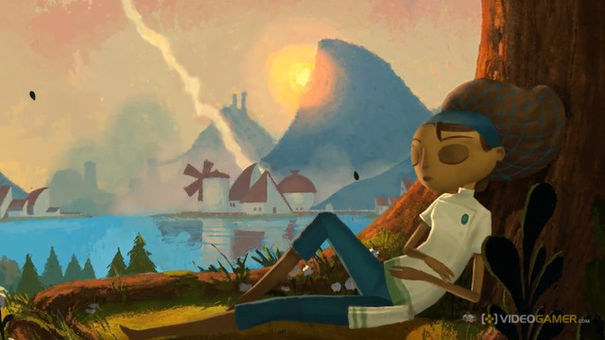
So it's a little worrying when Schafer himself says he's made "too much game". I'm not saying that Broken Age will be as bad as the previous examples. It may well even be excellent. Is Tim Schafer a bad dude? No. Is he an awesomely creative individual responsible for some of video gaming's finest moments? Yes. Did he get massively overwhelmed, overconfident, overexcited? Yes. Maybe. Either way, he asked for $400,000, got $3 million, and by his own admission designed too much content.
Which, really, isn't an excuse. Building a video game isn't as simple as just designing something: it's iteration after iteration after iteration, and adding more people or mechanics doesn't solve the problem - it worsens it. Schafer knows this, of course. As such, he ought to know better than to make the mistakes that he has.
But then again, should he? Has it been his job to oversee this stuff in the past? Or was he, the creator, merely told to come up with something and prodded back into line when he didn't do it how the publisher wanted? Maybe. Executives might be assholes - or come across as such - but they get paid so that the creator doesn't run amok.
Speaking of creating, there's also the uncomfortable question of why did Double Fine take on Massive Chalice - and Kickstart it, no less - when it should have been obvious to everyone at the studio that the game people had already paid for was nowhere near done?
I want Broken Age to be good, because Schafer is a wonderful designer, and seems like a nice enough guy. But the simple fact is that the poster child for Kickstarter has just shown cutting The Man out of the equation isn't enough. It never has been, and never will. Creatives need oversight. And without that, we'll be back here again and again, and
Editor's Note: Unfortunately Steve wrote 'too much words' and as such the rest of the article will be published next year.
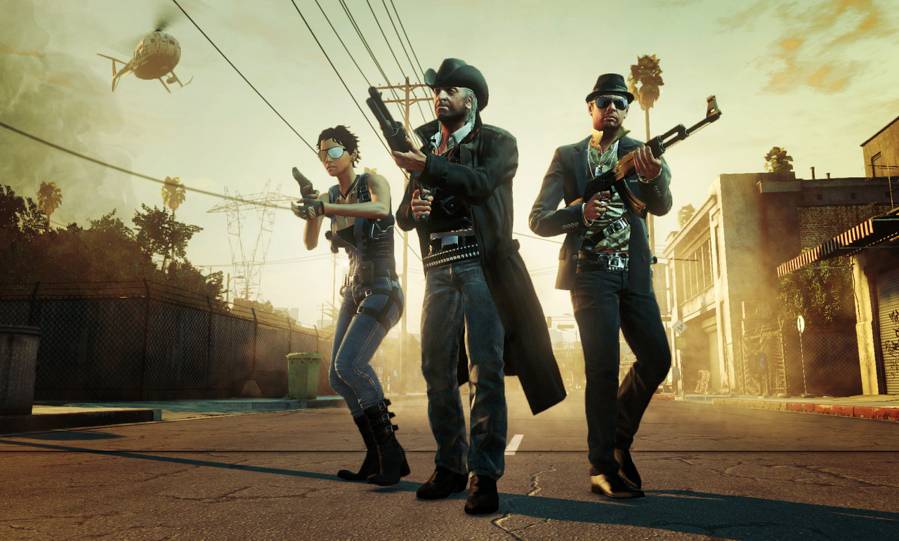
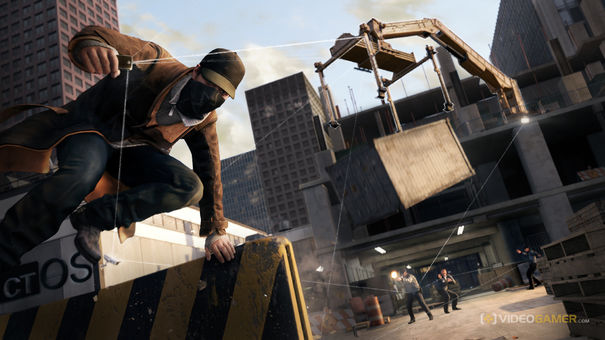
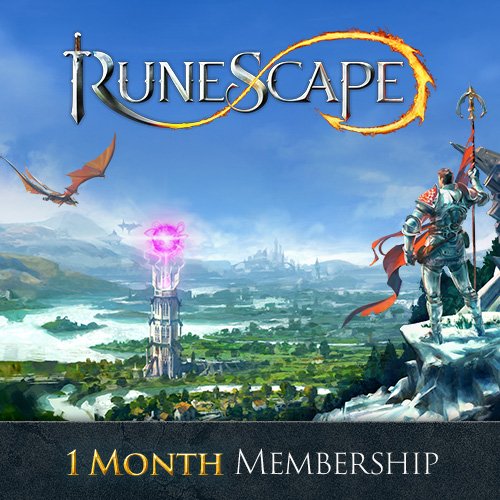
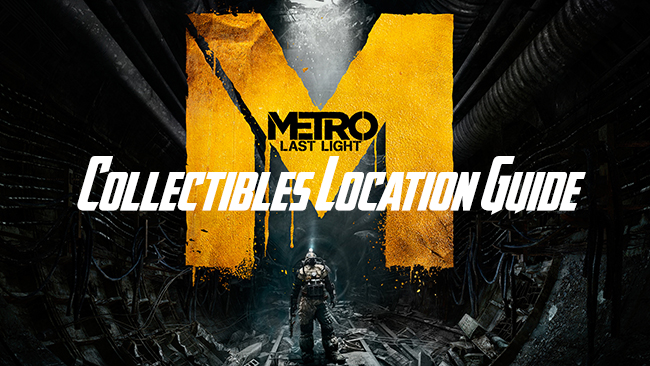
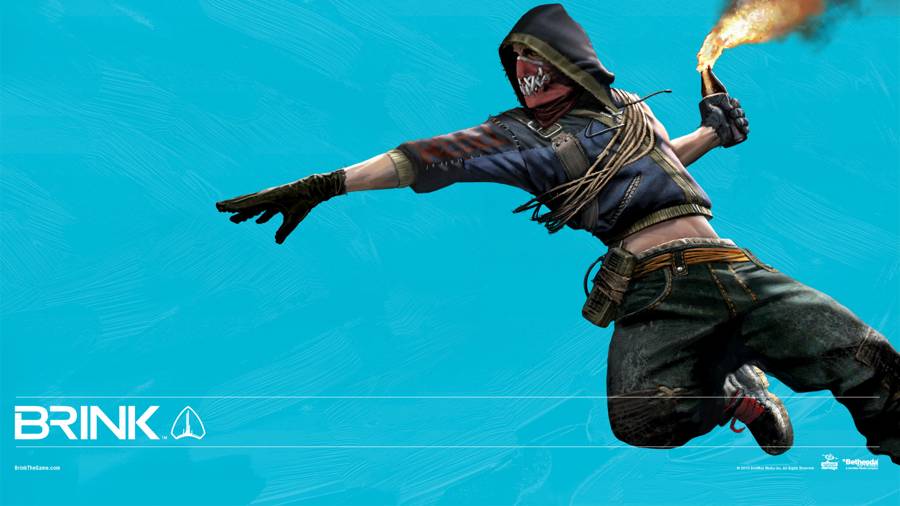 Brink Parkour This Challenge 3 Star
Brink Parkour This Challenge 3 Star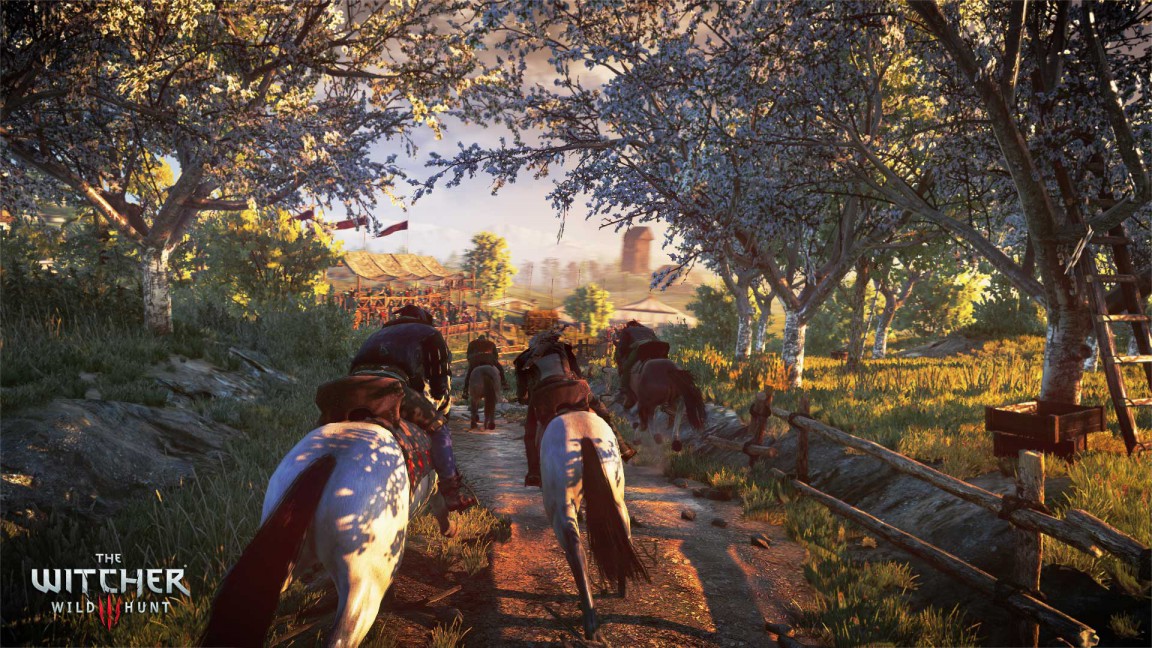 The Witcher 3: Forefathers’ Eve
The Witcher 3: Forefathers’ Eve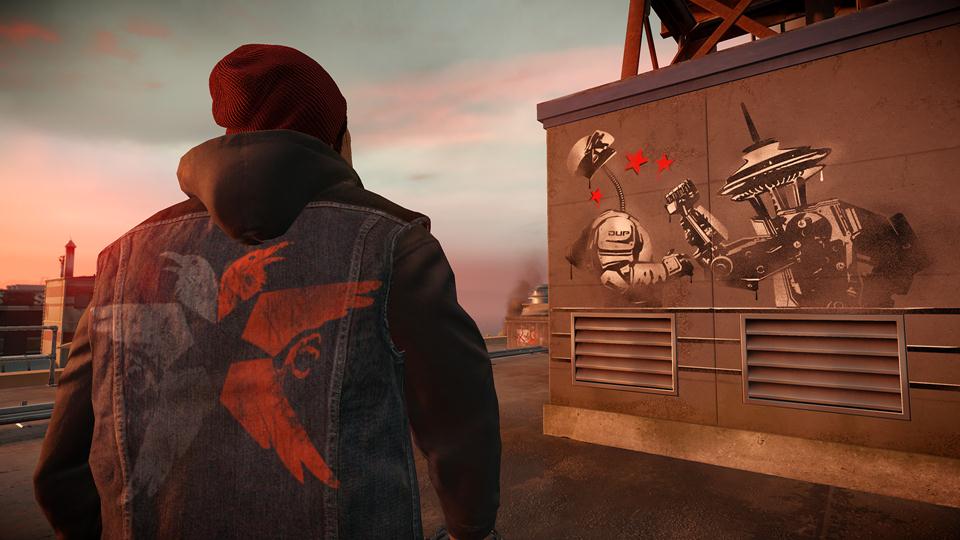 inFamous: Second Son – Go Fetch, Neon & Light Speed power, boss battle
inFamous: Second Son – Go Fetch, Neon & Light Speed power, boss battle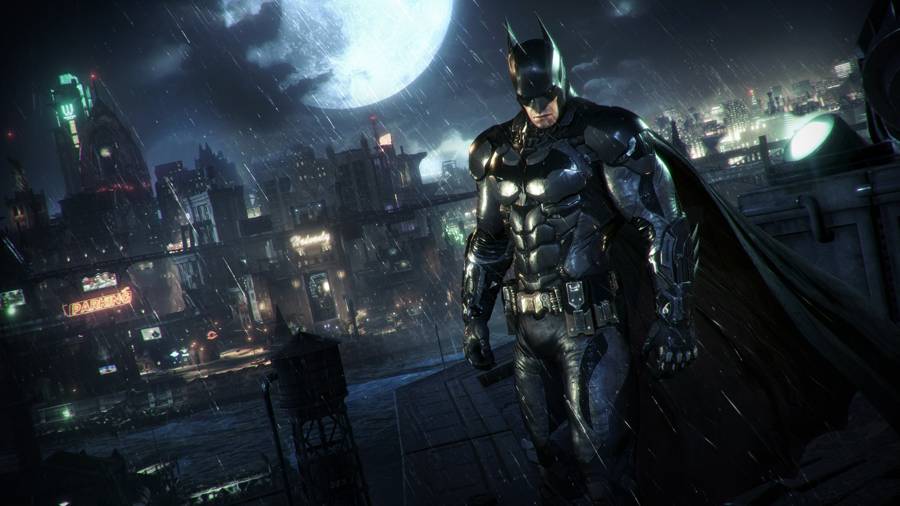 Batman Arkham Knight Guide: The Perfect Crime Guide
Batman Arkham Knight Guide: The Perfect Crime Guide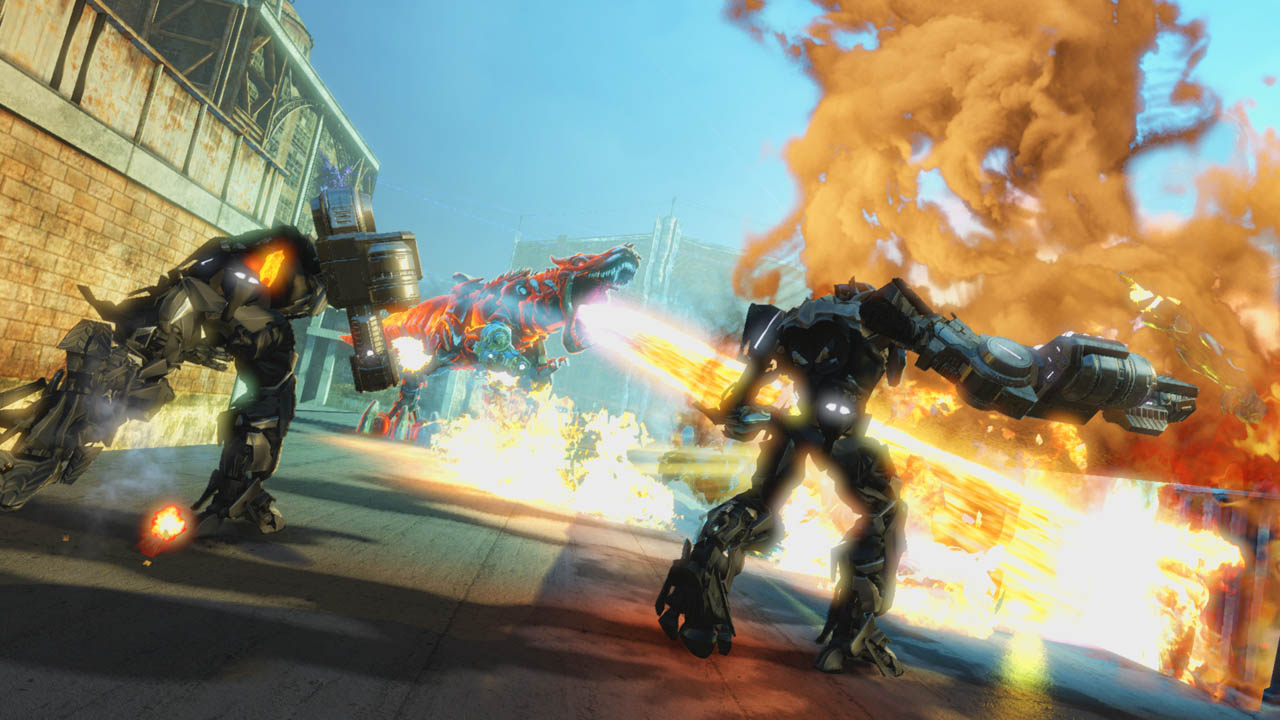 Transformers: Rise of the Dark Spark – Veteran Audio Logs Guide
Transformers: Rise of the Dark Spark – Veteran Audio Logs Guide